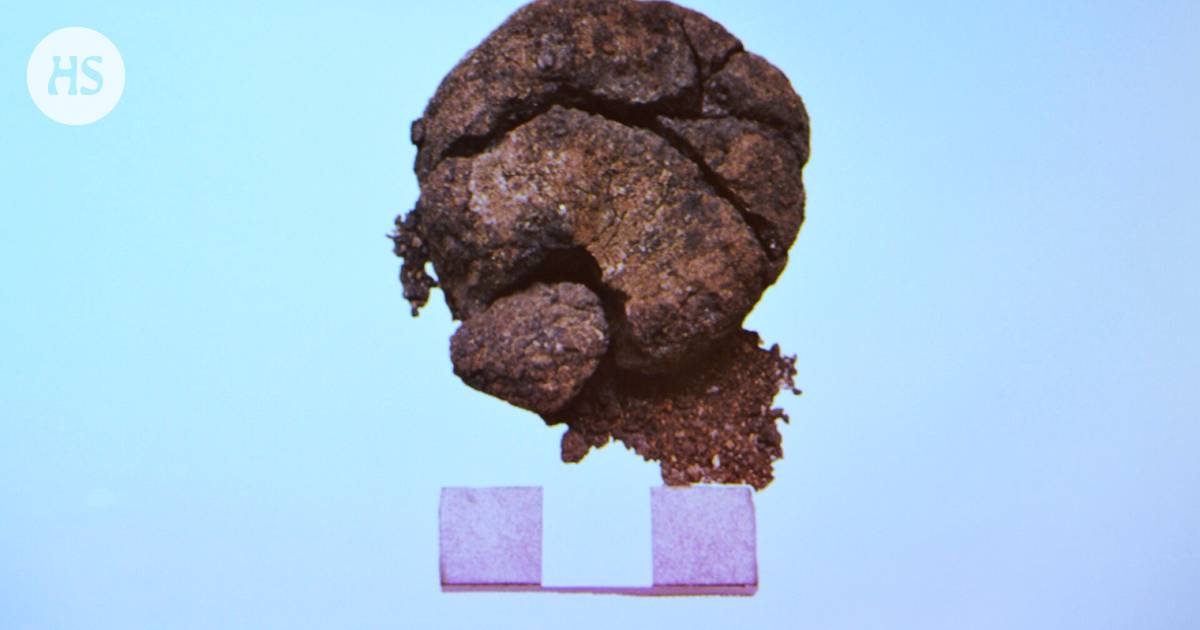Archaeologists recently unearthed a piece of history in the form of bread, in the Stone Age settlement of Çatal Hüyük, located in Anatolia, Turkey. The ancient loaf, which is approximately 8,600 years old, was discovered in an oven that has mostly succumbed to time. Researchers from the Turkish Necmett Erbakan University studied the bread and determined that it was a “fermented bread from the year 6600 BCE.”
The bread had been made with wheat, barley, seeds, and a round, spongy residue found in the oven. However, unlike traditional baking methods used at the time, this bread had not been baked but instead fermented for preservation purposes – a technique not previously known to have been used. Grain residues and signs of fermentation were also present in the bread.
The organic material of the ancient bread had been preserved under a thin layer of clay for thousands of years. This discovery was described as exciting by biologist Salih Kavak who studied it. Çatal Hüyük has been recognized as a UNESCO World Heritage Site since 2012. The Stone Age settlement was significant for its population size – with around 5,000-10,000 people living there between 7500-6400 BC. The assistant professor who led the excavations



